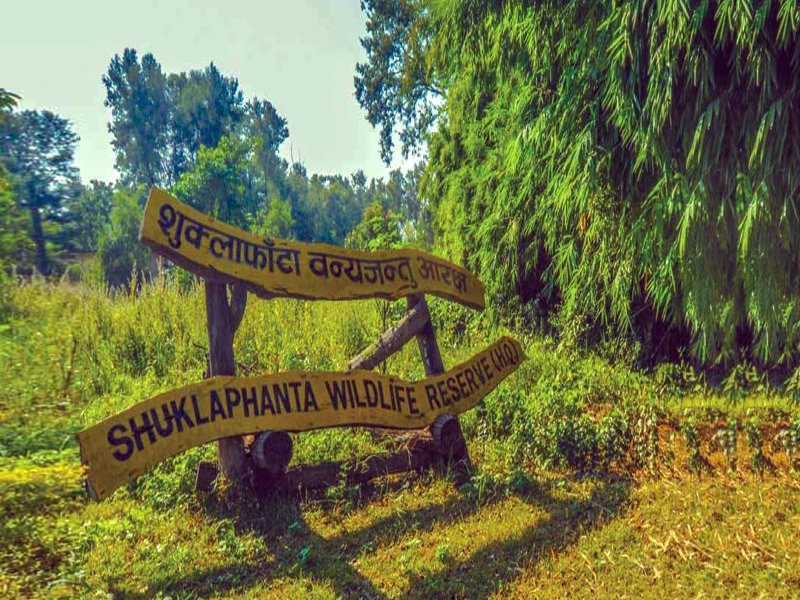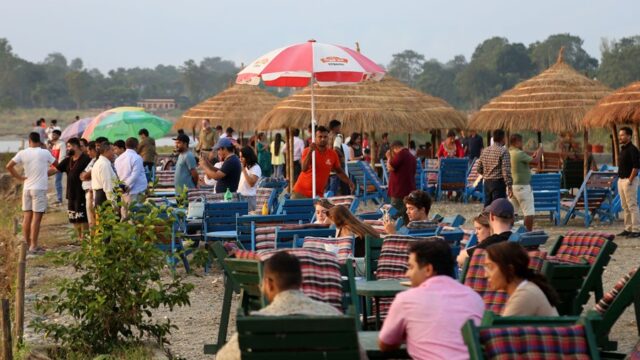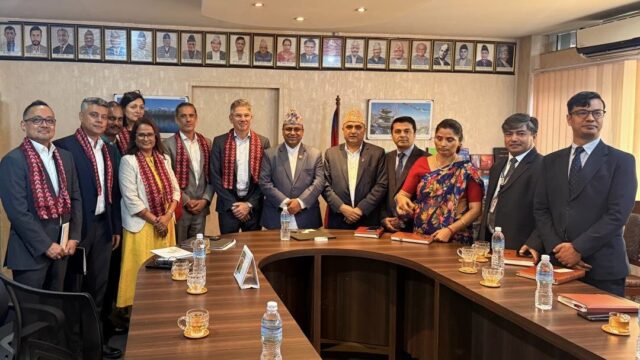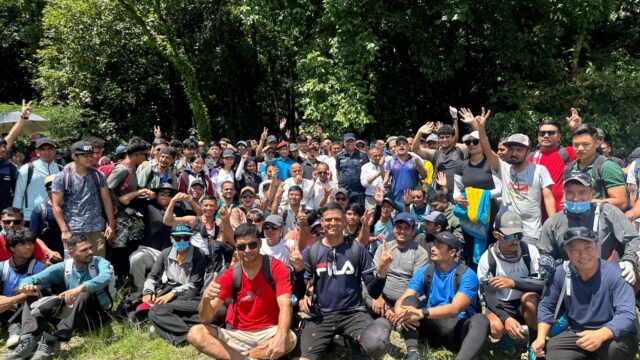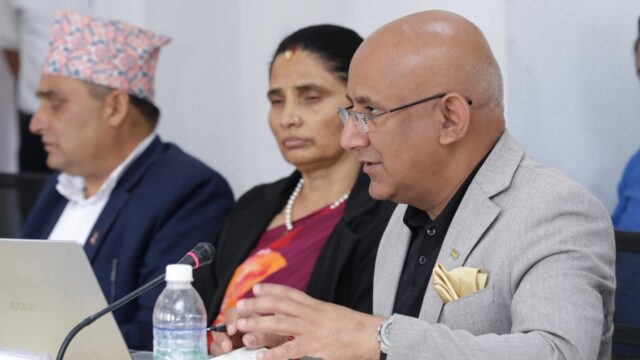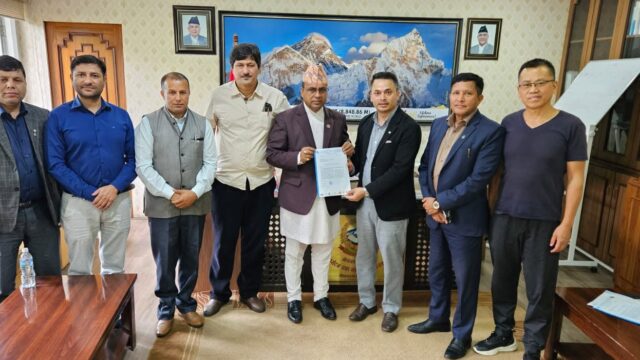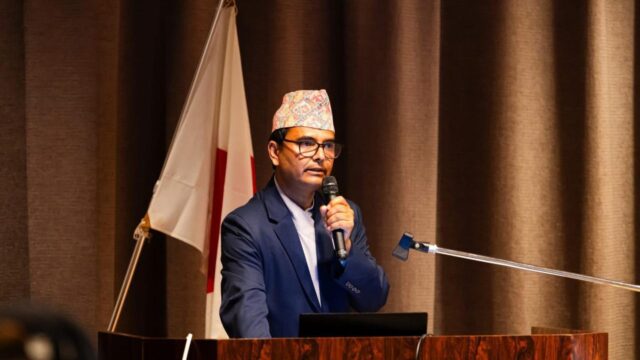Even after 23 years, citizens displaced from the former Shuklaphanta Wildlife Reserve, now Shuklaphanta National Park, are still waiting for resettlement. Despite the government forming 32 commissions over the years, the plight of the displaced remains unresolved.
The government, on September 18, formed a six-member judicial commission, led by former High Court Judge Jayanand Paneru, to address the issue. However, many of the displaced remain skeptical about the prospects of resettlement.
Sareeram Lohar, a resident of Dhakka camp who once owned 2.5 bighas of land in Rauteli Bichwa, recalls moving from Baitadi to Kanchanpur in 1981. After being displaced, he has been living in the Dhakka camp near the park. “We have been left homeless by the government. It’s been 23 years, and we still haven’t received justice,” said Lohar, expressing frustration over the lack of basic amenities and farming restrictions without park permission. He added that while commissions are frequently formed, there has been little hope of resettlement. “Leaders come and go with promises, but the government has not treated us like citizens,” he lamented.
This newly formed commission is the 33rd attempt by the government to address the issue. But like many others, displaced residents, such as Prem Bahadur Karki from Dhakka camp, remain unconvinced. “No matter how many commissions are formed, our pain remains with us. For 23 years, the government has ignored our cries,” Karki said, describing the constant danger of living in fear of wildlife and the lack of basic facilities like schools and electricity.
Karki also noted the threats posed by wild animals, particularly elephants, which frequently enter their dark, poorly equipped village. “The government uprooted us, and for decades, we’ve lived in misery, yet they never listen to us,” he added.
Previous commissions, like the one led by Rajendra Subedi, failed to make progress. However, the commission chaired by Thakur Prasad Sharma had identified the need to manage 1,480 displaced families. This commission recommended providing two to three katthas of land or up to NPR 500,000 to each family for resettlement.
Hira Singh Bhandari, chair of the Park Displaced Struggle Committee, remarked that although many commissions have been formed over the years, the displaced are still suffering. “We’ve been in pain since 2001, and despite numerous commissions, our resettlement has not happened. We are cautiously optimistic about this 33rd commission,” Bhandari said.
Jayanand Paneru, chair of the current judicial commission, stated that the commission has already begun its work. “We have a three-month timeline to resolve the matter, and discussions with political parties and displaced communities have already started,” he said.
While some displaced people have been resettled, many remain in makeshift settlements around the forest, living in 17 camps across different locations. The largest camps include Dhakka with 604 families, Tarapur with 180 families, and Lallare Danda with 13 families. Additional camps are located in various municipalities and village councils in the Kanchanpur district, housing a total of 2,473 displaced families.
The situation remains critical, as many displaced families still live within the park boundaries, farming in fear of wild animals, snakes, and other threats. The reserve, originally spanning 155 square kilometers, was expanded to 305 square kilometers during the conflict period, displacing numerous families who continue to live in uncertainty.
Despite the government’s efforts and numerous commissions, the displaced communities still struggle for justice and resettlement after more than two decades.
Source: RSS
